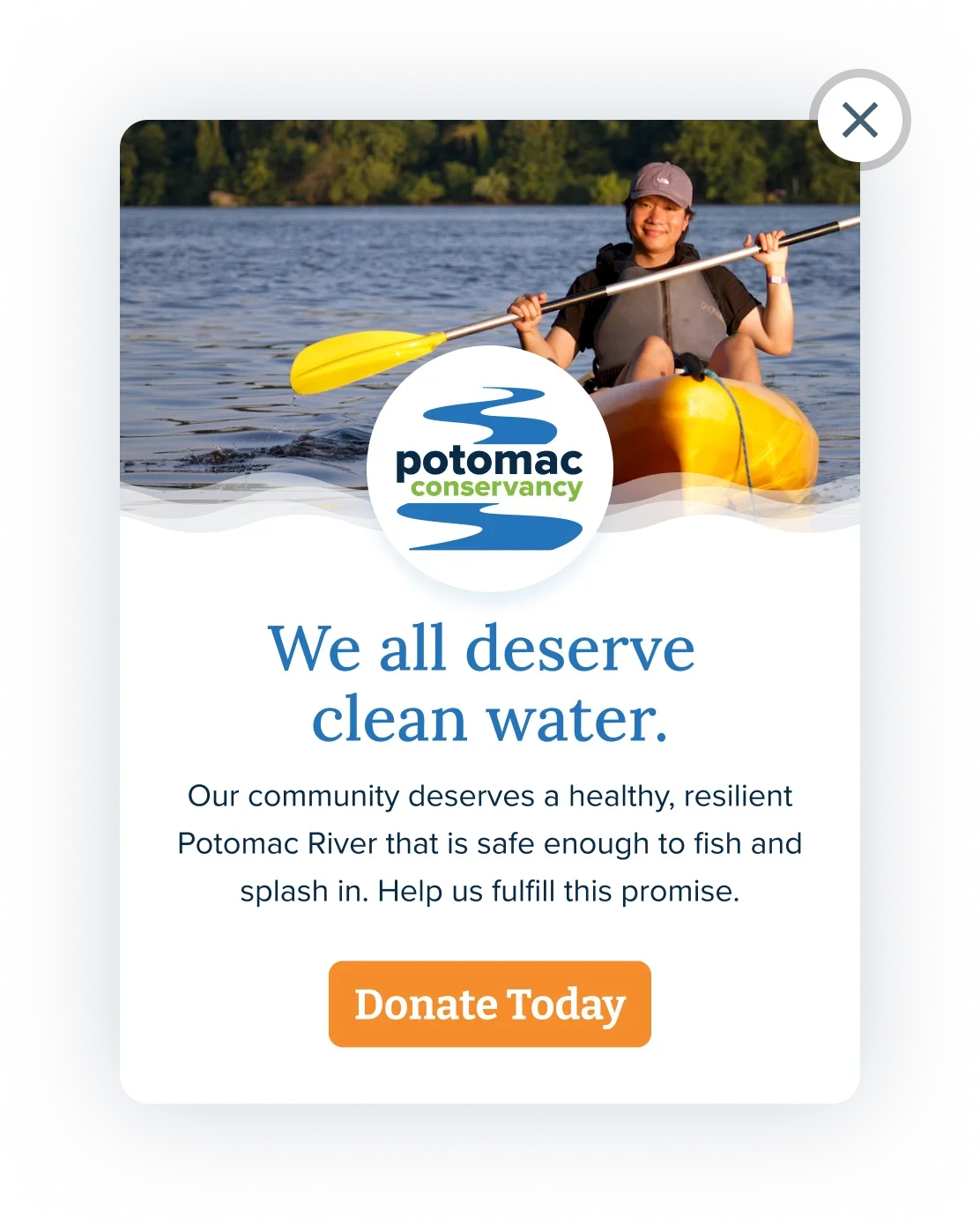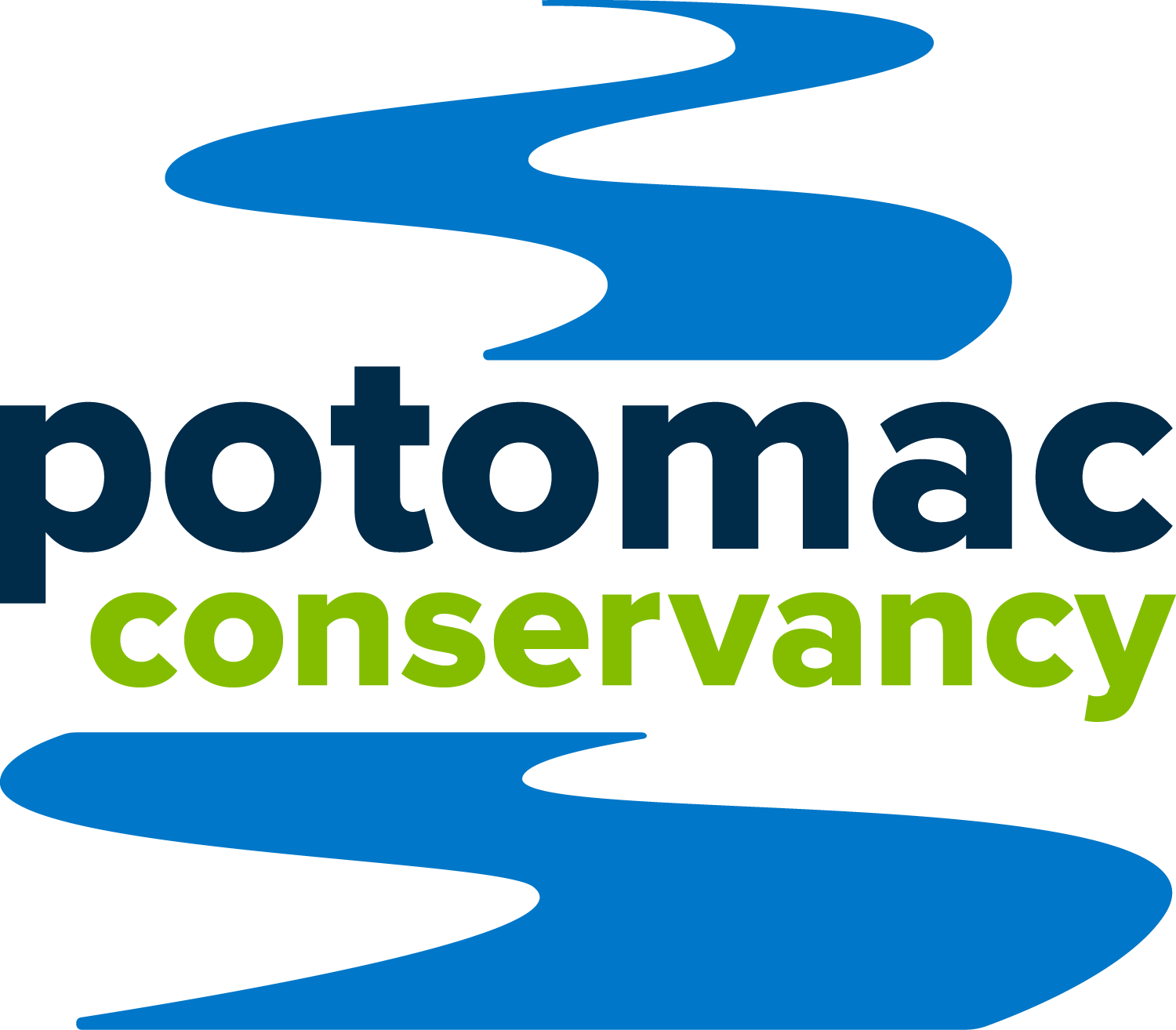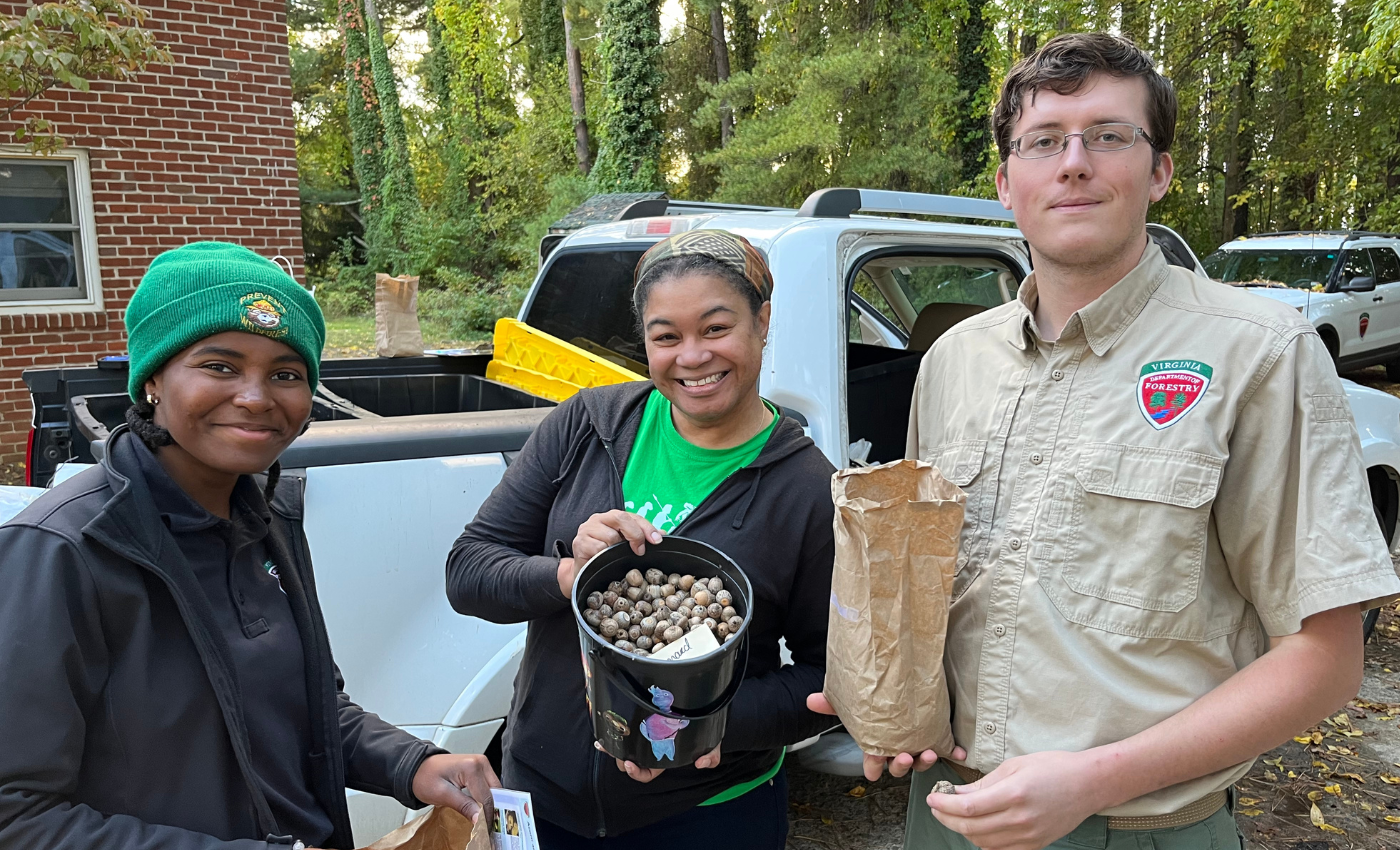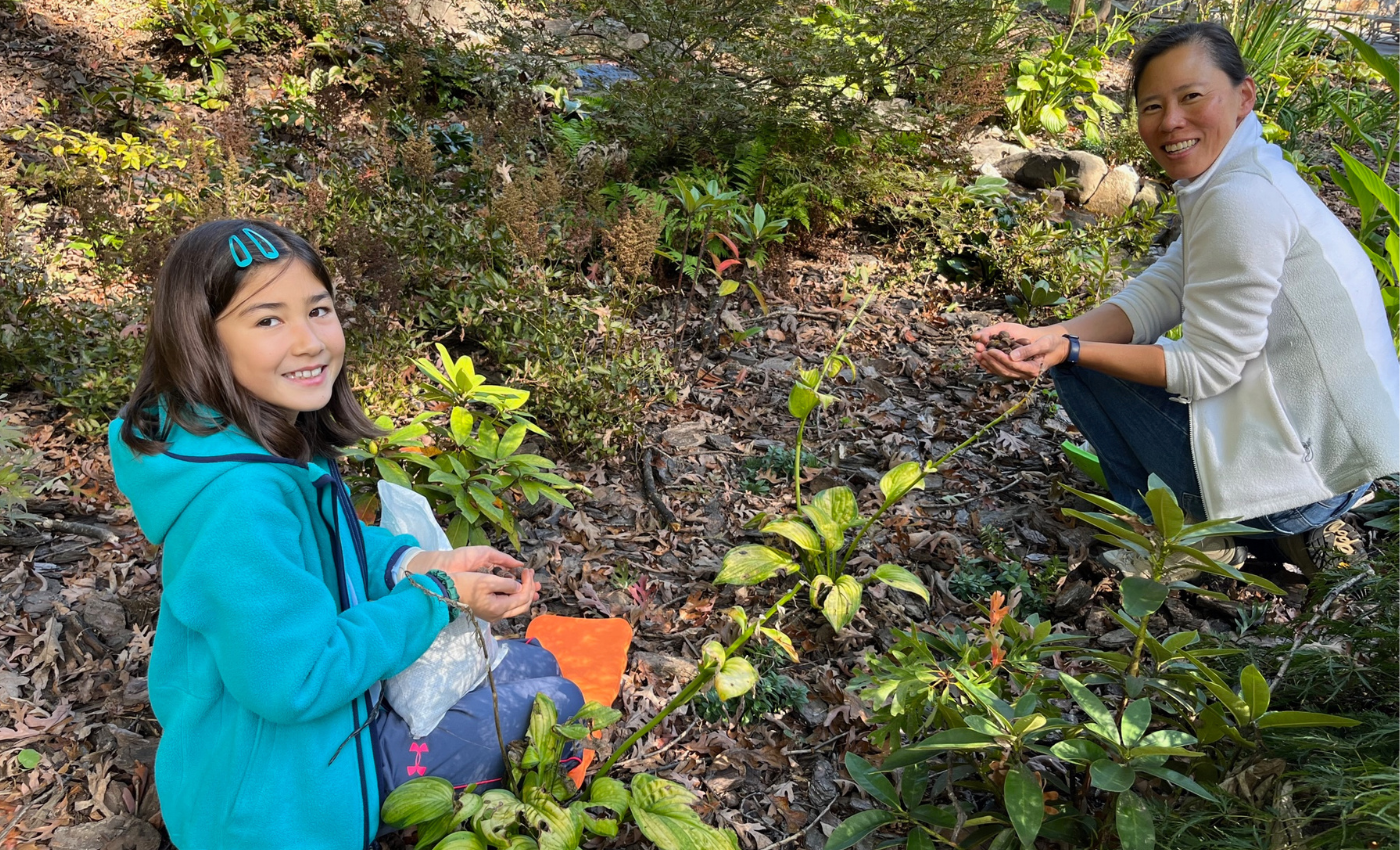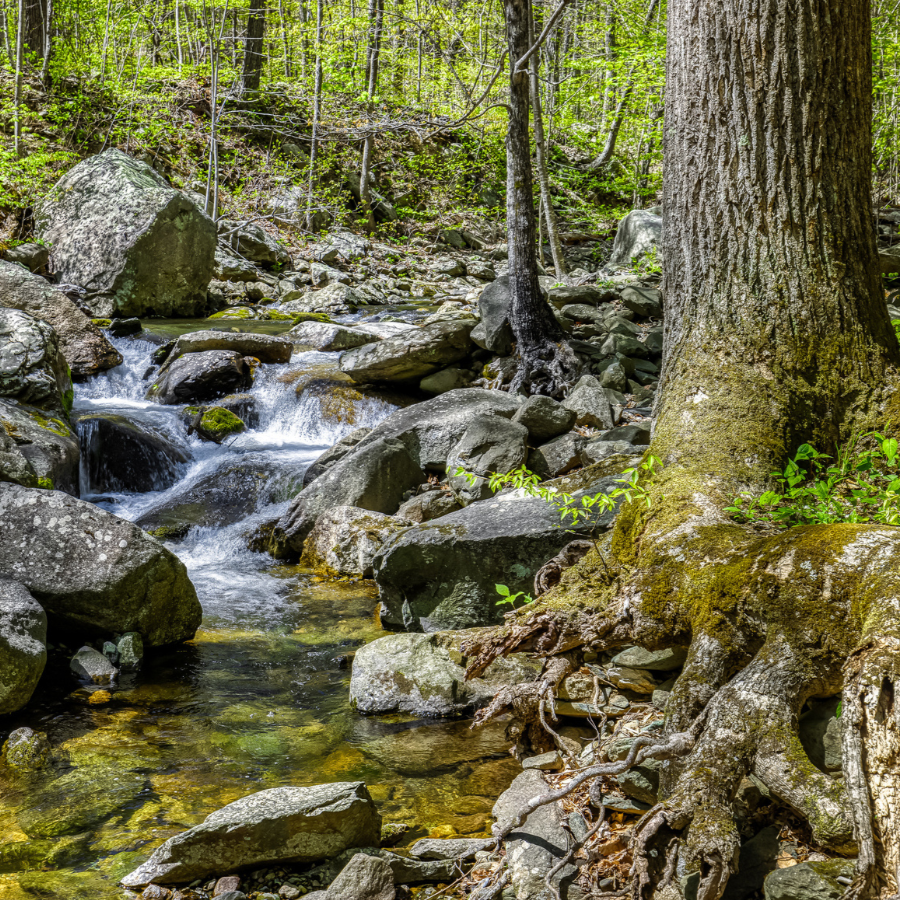2023 was a “nutty” year for the Potomac River - Here’s why
/Potomac Conservancy’s second acorn collection season yields tree-mendous results
alexis dickerson (M) with Jacob Zielinski (R) and Lindsey Long (L)
Potomac Conservancy’s second acorn collection season is in the books!
This fall, volunteers across the Potomac River region went into squirrel mode to support Tomorrow’s Trees, a community-powered initiative to restore forests for healthy waterways. Their efforts were tree-mendous!
The 2023 acorn collection results are in!
From late September through October, volunteers collected more than 3,311 pounds of acorns and seeds from locally evolved trees — more than five times the amount collected in the 2022 season!
Acorns and tree seeds from White Oaks, Northern Red Oaks, and Black Walnuts topped the list of donations, while 27 varieties of tree seeds were donated in total. More than 200 volunteers contributed to the regional effort, delivering acorns to eleven collection sites scattered throughout Maryland, Virginia, and Washington, DC.
We were also thrilled to get nutty with community partners who hosted collection activities at public events, including Festival del Rio Anacostia and Poolesville Day.
So, what happens with the acorns now?
Acorns and tree seeds collected in Maryland were donated to the Maryland Department of Natural Resources, while those from Virginia were delivered to the Virginia Department of Forestry.
Foresters and their nursery partners sort the acorns and nuts and keep the highest quality stock. Not every tree seed will make the cut! Just as in nature, a sample of the nuts will be healthy enough to grow into saplings.
State-run nurseries will raise the viable stock of acorns and seeds for one season before the saplings are transplanted – destined to help reforest the Potomac River region in a number of ways!
These community-sourced acorns provide a huge boost to regional forestry programs.
The donated acorns and seeds can be used to support a variety of state-sponsored planting initiatives, like community programs that provide low-cost native trees to residents. Both Maryland and Virginia have also set ambitious tree planting targets – with Maryland aiming to plant five million trees by 2031, while Virginia has set a goal of planting eight million trees by 2025. Of course, planting all those trees means both states will need millions of acorns and seeds!
“We are very grateful to have had such incredibly high levels of participation in this year’s acorn collection. These acorns will provide for future forests as these seedlings are sourced by many projects across the state such as community plantings, riparian buffer plantings, hardwood forest plantings, and more.”
Forests are Essential for Healthy Waterways
Healthy trees and forests are essential for clean water in the Potomac River region. Trees and thriving forests are also nature-based solution to the climate crisis. With their extensive root systems, trees naturally improve water quality in regional waterways, filtering out pollutants like excess nutrients and sediment. During extreme storms, tree canopy slows heavy rainfall, helping soils absorb the excess water and trapping polluted runoff – the only growing source of pollution to the Potomac River.
Trees planted along rivers and streams also stabilize shorelines, preventing erosion and reducing sediment pollution. There are other climate benefits too. Trees sequester and store carbon dioxide – the greenhouse gas that accounts for more than three-quarters of greenhouse gas emissions generated by humans.
With more forests in the Potomac River region, we all benefit!
Community-Driven Reforestation
The idea for Tomorrow’s Trees took root more than two decades ago.
The acorn-collecting initiative first launched in 2001 under the name Growing Native – and thanks to the effort of more than 64,000 volunteers, between 2002 and 2020, the people-powered collection program donated more than 164,000 pounds to the Maryland Department of Natural Resources and the Virginia Department of Forestry.
The seed collection program was relaunched in 2022, with a new name – Tomorrow’s Trees. Dedicated to restoring native forests in the Potomac River region, we are part of a collaborative coalition of local, regional, and state agencies, along with private sector partners, local communities, and nonprofits. And, now in our second year, we are continually exploring ways to expand our scope – and broaden our coalition of partners in the Potomac River region.
Volunteers are an especially vital part of our effort. And, there are a number of ways to get involved, including coordinating a seed collection in your community, joining a public collection event, or just heading out into your neighborhood, or backyard, and picking up acorns to donate!
